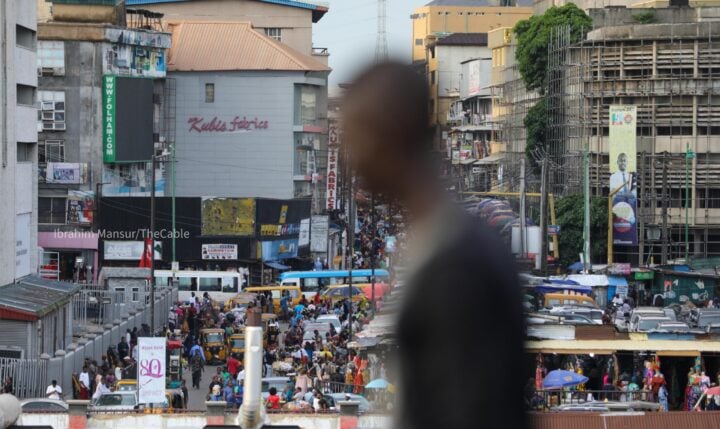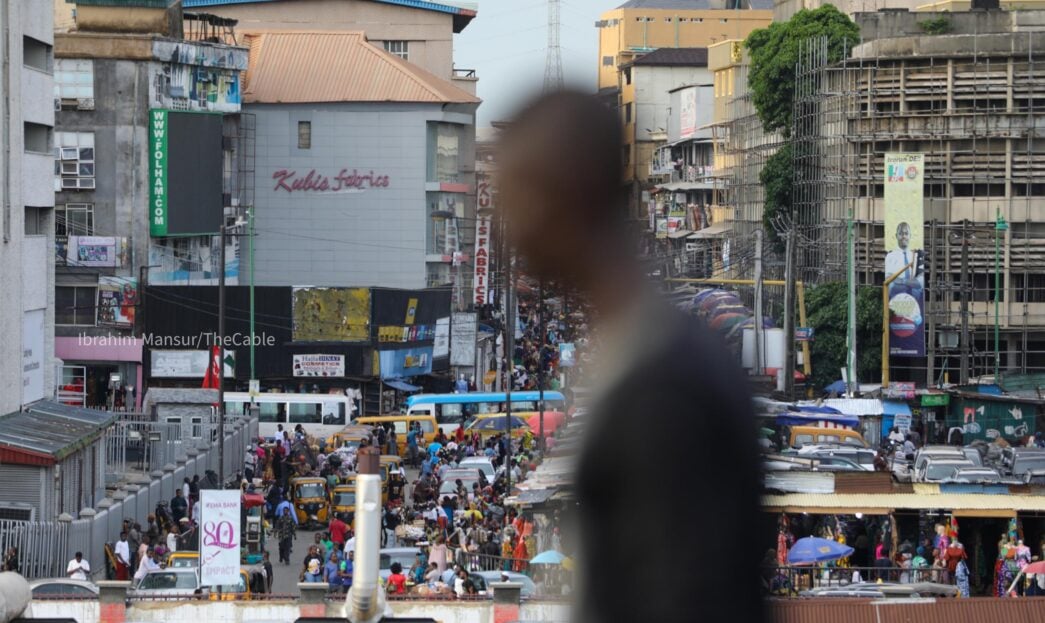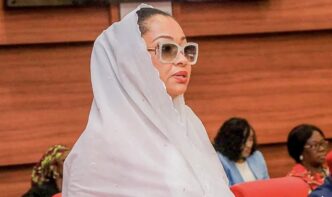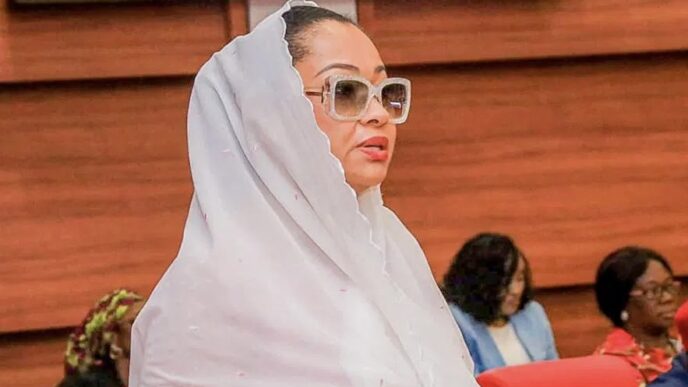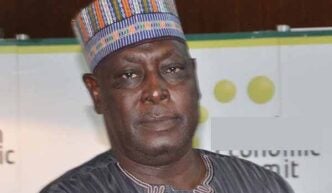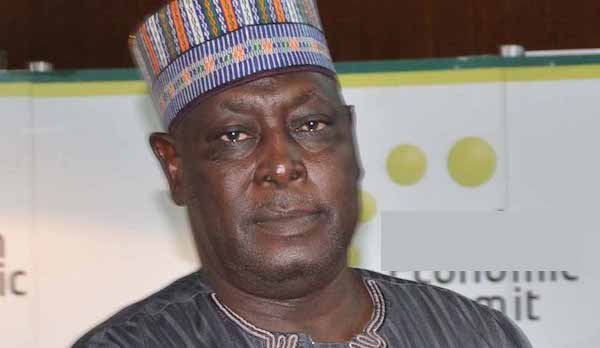Nigeria returned to the path of stable economic growth in 2024 after a decade of slowdown, according to a research report by Quartus Economics, a Nigerian firm.
It said the country “ended a full decade of slowdown, stall and descent in output growth which fell to just about or below the rate of population growth”
It also reported stronger and broader growth performance in the first half of 2025.
However, the report says there are challenges on the ground to be cleared in spite of the stable growth.
Advertisement
“First, to accelerate growth and maintain investor confidence, the government must sustain, deepen and expand recent reforms. Continued political will and dexterity remain crucial,” it said.
“Second, the country now must deal with the backlog effect of rapid population expansion while growth stalled. With the descent, GDP per capita dropped from US$4,363 in 2014 to US1,084 by 2024 (a 75% drop). Over the same period, the naira lost 89% of its exchange value.
“Third, with a population of nearly 230 million (projected to cross 280 million by 2035), the need for new public and private investment is acute. With about half of the population aged 18 or younger, Nigeria must feed, clothe, educate and make productive its more than 120 million young people.
Advertisement
“Now, with an economy whose population size already crossed the limits of resource-based prosperity, Nigerians must learn to produce, must embrace the culture of making things at scale, for sale to the world. Without this, slow growth and future rounds of currency stress are just by the corner.
“Nigeria is unstuck from the shackles of debilitating subsidies. Yet, the eagle must remain under competent watch and sincere care if it is to grace the skies and not merely flap its wings.”
‘GDP PER CAPITA FELL IN 2024’
The report, titled ‘Forty Years of Structural Adjustment. Is Africa’s Eagle Stuck or Soaring Back to Life?’ analysed the country’s economic progress.
Advertisement
Quartus said Nigeria has navigated a turbulent path of structural reform since the launch of the structural adjustment programme (SAP) in 1986 — a policy designed to reduce state control and promote a market-led economy.
While the measures helped the country’s GDP to triple from $87.5 billion in 1990 to nearly $252 billion in 2024, the report noted that the economic structure “remained fragile,” forcing the naira to lose 99.7 percent of its value over the same period.
Quartus said the early decades of reform delivered meaningful progress, as liberalisation, privatisation, and banking reforms stimulated private investment, boosted manufacturing, and fostered the growth of a dynamic services sector.
The firm, however, said policy reversals driven by political pressure and weak reform implementation eroded much of the gains.
Advertisement
“Policy inconsistencies and weak implementation led to a recurring cycle of mixed results and missed opportunities,” Quartus said.
“As a result, the goal of inclusive, export-led growth has remained elusive. Over time, the structural imbalance between population growth and productivity widened sharply.
Advertisement
“By 2024, per capita GDP had fallen by 66% from its 2014 peak, pushing more than 65 million people into poverty and further exposing the fragility of Nigeria’s economy.”
Per capita GDP measures a country’s prosperity and economic development by showing the average income per person.
Advertisement
‘OIL PRICE COLLAPSE, POLICY LAPSES TRIGGERED NIGERIA’S GROWTH SLOWDOWN’
The Quartus Economics said between 2014 and 2023, Nigeria suffered its most severe growth slowdown in a generation.
Advertisement
The research firm said the collapse of oil prices, rapid population growth, restrictive policies, and governance lapses triggered a decade of “stall and descent”.
“Inflation surged to above 30%, per capita GDP contracted, and capital inflows dwindled to historic lows. Yet, evidence showed the Nigerian situation was sadly peculiar,” the report said.
Quartus described the 2023-2024 reforms — notably the removal of petrol and foreign exchange subsidies — as “decisive” measures to save the economy.
The firm said although the reforms initially fuelled inflation in the early months, they corrected “deep-seated” distortions that had drained public finances and weakened market incentives.
‘SUBSIDY REMOVAL, FX REFORMS CORRECTED DECADES OF DISTORTIONS’
But despite the progress, Quartus said the scars of Nigeria’s “lost decade” remain visible.
“By 2024, the first signs of renewal began to emerge: GDP expanded by nearly 4%, manufacturing and mining sectors returned to growth, and for the first time in many years, economic expansion outpaced population growth,” the document said.
“Inflation began to ease, the naira regained modest stability, and by October 2025, foreign reserves had risen to $42 billion, signaling a slow but genuine restoration of confidence. Still, the scars and pains of Nigeria’s lost decade linger.
“Per capita income remains far below its pre-crisis level, the export base is still narrow, structural inefficiencies persist in public sector governance.”
Quartus said Nigeria needs to move beyond mere stabilisation and focus on transformation to sustain its recovery.
This, the report noted, will require deeper reforms, improved productivity, an enterprise-driven economy, and the elimination of the entrenched “locust culture” that drains public resources and stifles growth.
“At the moment, Nigeria, the African eagle is unstuck yet has not started to soar,” Quartus said.
The report added that the country’s recovery is real, but its ability to “soar” will depend on discipline, continuity, and a shared commitment to lasting transformation.
